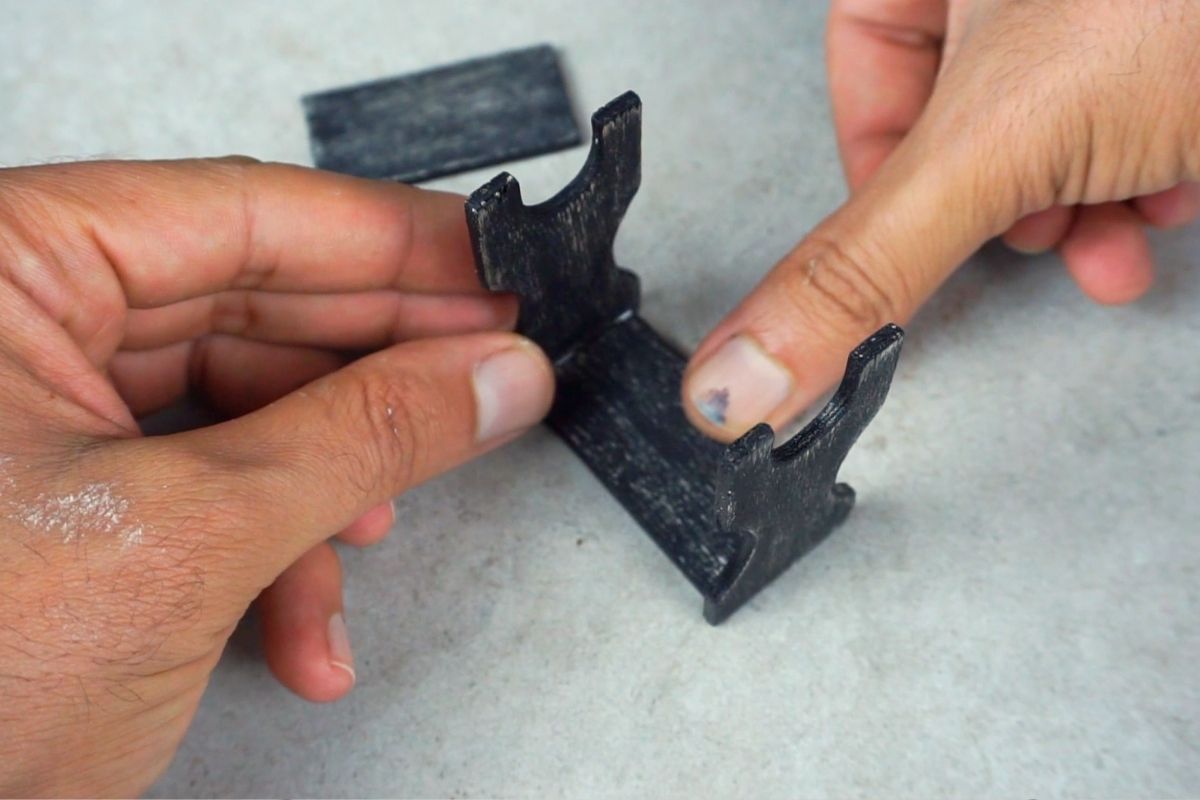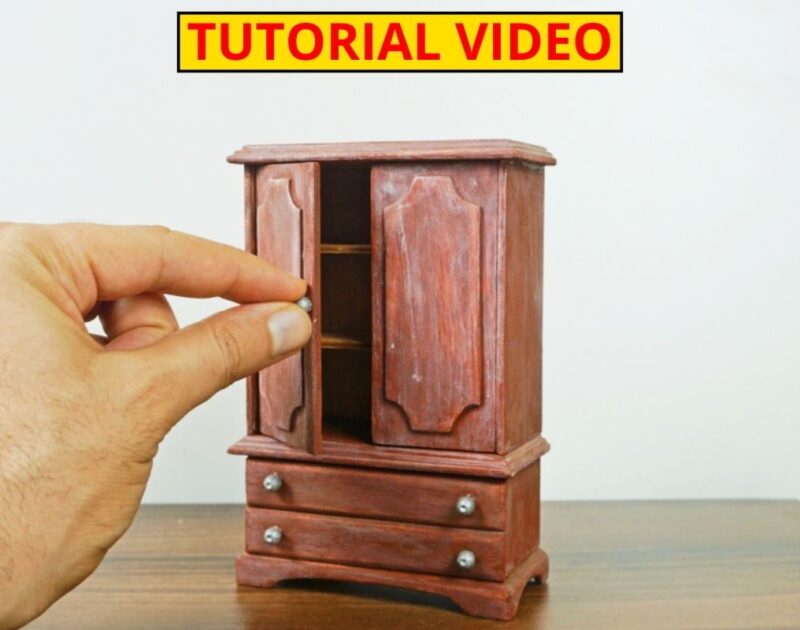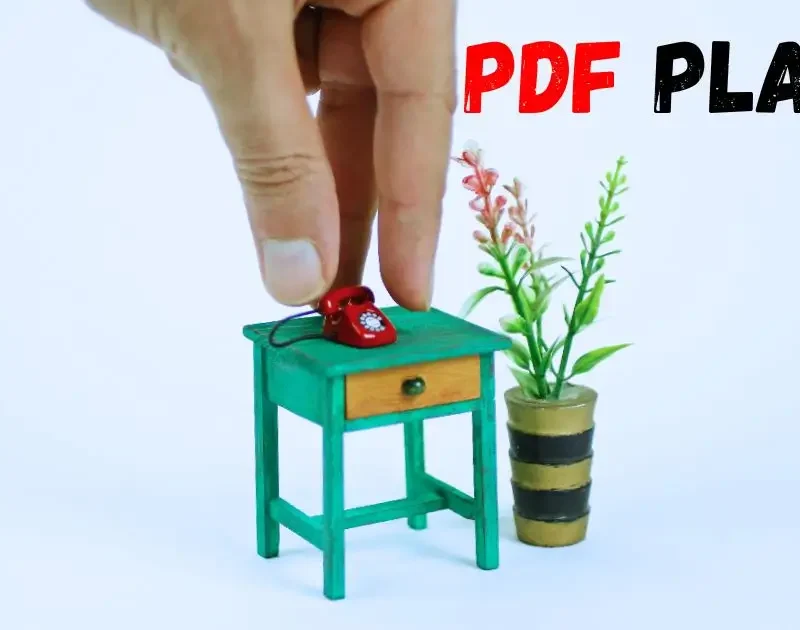The world of miniatures has captured the hearts of hobbyists, collectors, and creative enthusiasts worldwide. While purchasing ready-made pieces might seem convenient, learning to make miniature furniture offers rewards that extend far beyond the final product. This hands-on approach transforms a simple hobby into a deeply fulfilling creative journey.
The Creative Freedom of Handcrafted Miniatures
When you make miniature furniture, you become the architect of your own tiny world. Unlike store-bought options that come in predetermined styles and colors, crafting your own pieces gives you complete creative control. You can customize every detail—from the wood grain and paint color to the hardware and upholstery—ensuring each piece perfectly matches your vision.
This creative freedom is particularly valuable for dollhouse enthusiasts and diorama builders who want to achieve a specific historical period or design aesthetic. A Victorian-era sitting room requires different furniture than a modern minimalist apartment, and making your own pieces ensures authenticity that mass-produced items rarely capture.
Significant Cost Savings
The financial advantage of handcrafted miniatures is substantial. Quality miniature furniture purchased from specialty stores can be surprisingly expensive, with single pieces costing anywhere from $20 to over $100. When you make miniature furniture yourself, material costs typically represent a fraction of retail prices.
Basic supplies like balsa wood, basswood sheets, craft glue, and acrylic paint are relatively inexpensive and can produce multiple furniture pieces. A small investment in tools—a craft knife, ruler, sandpaper, and tweezers—provides everything needed to start creating beautiful miniatures that would cost hundreds of dollars if purchased separately.
Developing Valuable Skills
Creating miniature furniture develops a remarkable range of practical skills. Woodworking techniques, precision measuring, painting, upholstery, and attention to detail all improve through regular practice. These transferable skills often prove useful in other areas of life, from home repairs to professional projects.
The problem-solving aspect of miniature making also sharpens cognitive abilities. Figuring out how to construct a tiny rocking chair that actually rocks, or creating functional drawers that open smoothly, requires critical thinking and innovative solutions. Each completed project builds confidence and encourages tackling increasingly complex designs.
The Therapeutic Benefits
Many crafters report that the process to make miniature furniture provides significant stress relief and mental health benefits. The focused concentration required for detailed miniature work creates a meditative state similar to mindfulness practices. This immersion in a creative task offers a welcome escape from daily pressures and digital distractions.
The tangible nature of miniature making also provides immediate satisfaction. Unlike many modern tasks that exist only in digital spaces, completing a physical object offers concrete evidence of time well spent. Watching a pile of raw materials transform into a beautiful miniature chair or table delivers a sense of accomplishment that boosts overall wellbeing.
Building a Unique Collection
Handcrafted miniatures carry a personal touch that purchased items simply cannot match. Each piece tells a story of your creative journey, reflecting your skill development and artistic evolution. Collections of handmade furniture become treasured possessions with sentimental value far exceeding their material worth.
Additionally, when you make miniature furniture, you create truly one-of-a-kind pieces. No two handcrafted items are exactly identical, giving your miniature scenes character and authenticity. These unique creations often become conversation starters and sources of pride when sharing your hobby with others.
Joining a Thriving Community
The miniature-making community is welcoming, supportive, and eager to share knowledge. By choosing to create your own furniture, you gain access to countless online tutorials, forums, social media groups, and local workshops. This community connection provides ongoing inspiration, troubleshooting help, and opportunities to showcase your work.
Many miniaturists also discover unexpected opportunities through their craft, from selling custom pieces at craft fairs to teaching workshops or creating online content. What begins as a personal hobby can evolve into a rewarding side business or social activity.
While purchasing miniature furniture offers convenience, the decision to make miniature furniture delivers far greater rewards. The combination of creative freedom, cost savings, skill development, therapeutic benefits, and community connection makes handcrafting the superior choice for anyone passionate about miniatures. Whether you’re furnishing a dollhouse, creating dioramas, or simply enjoying the meditative craft, making your own miniature furniture transforms a hobby into a deeply enriching experience that continues giving long after each piece is complete.




